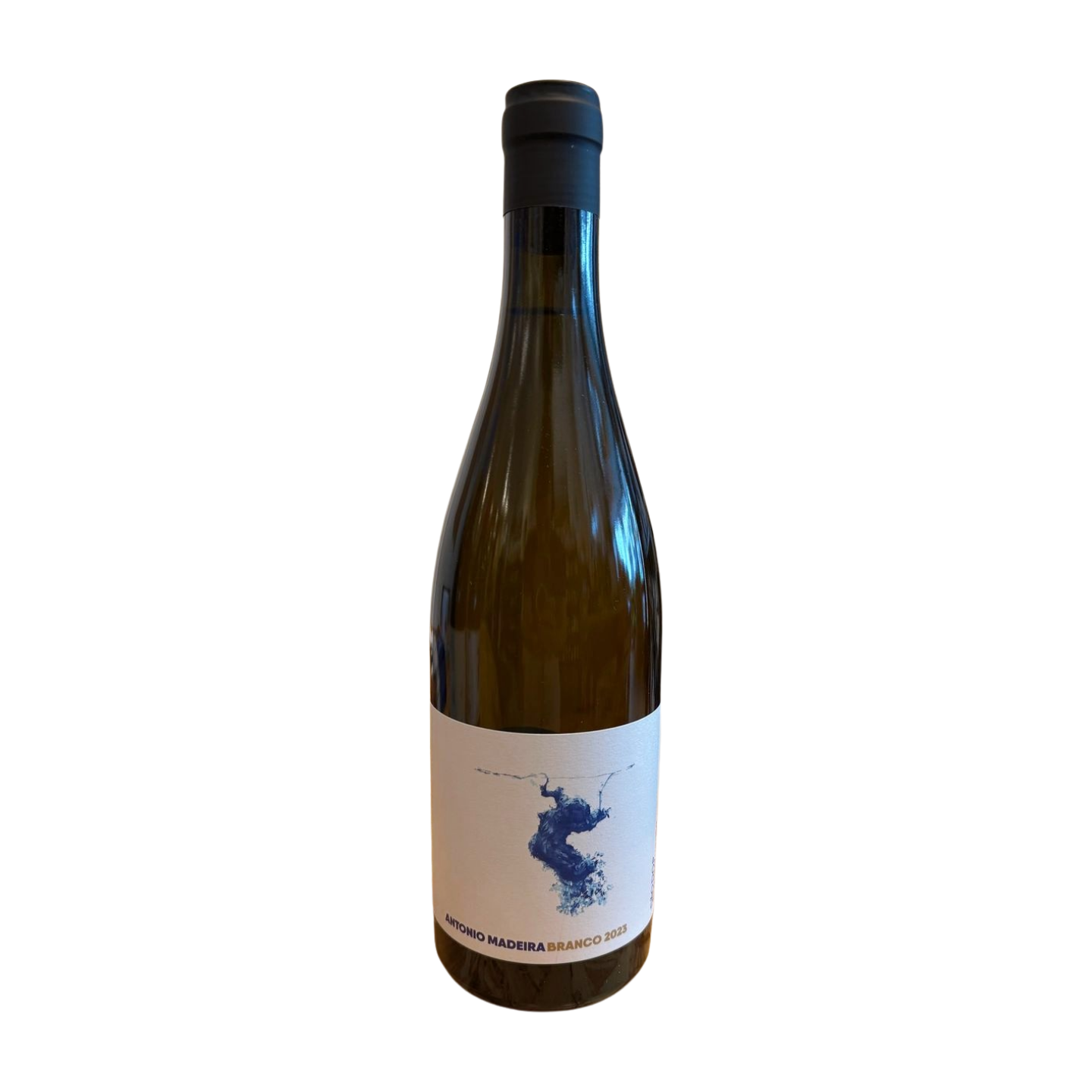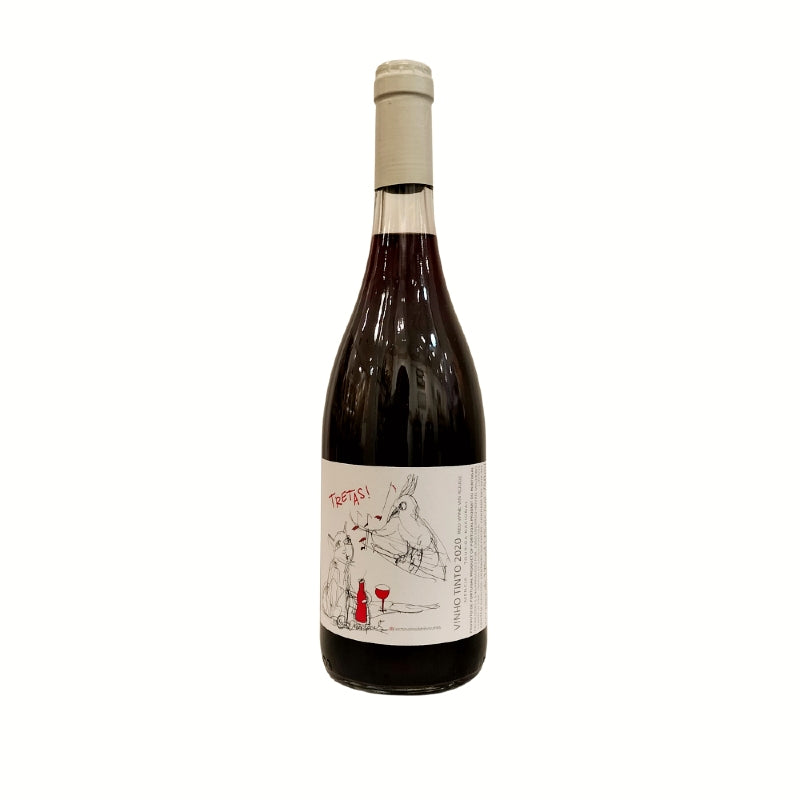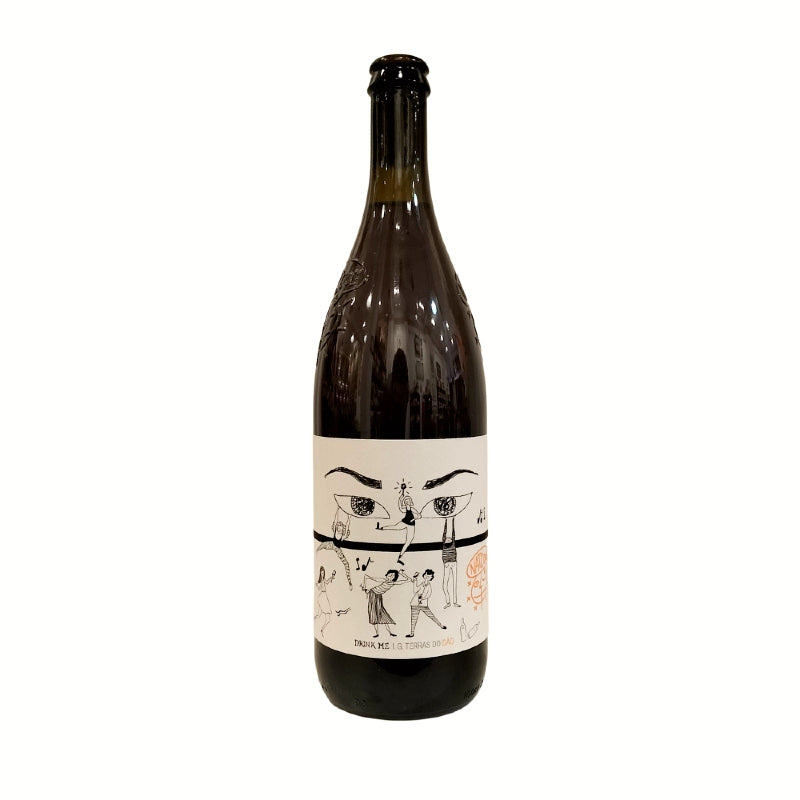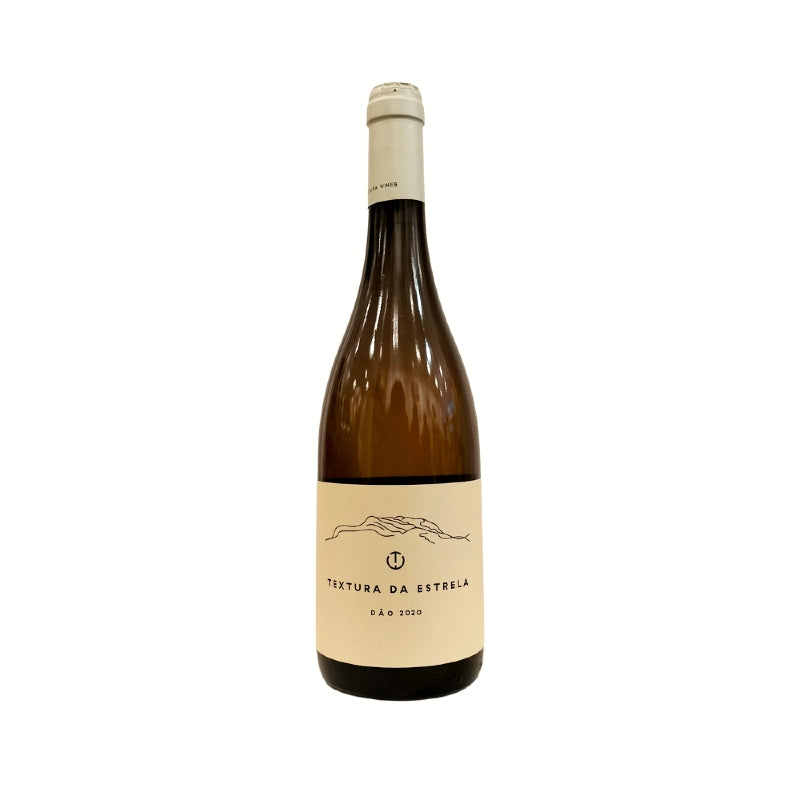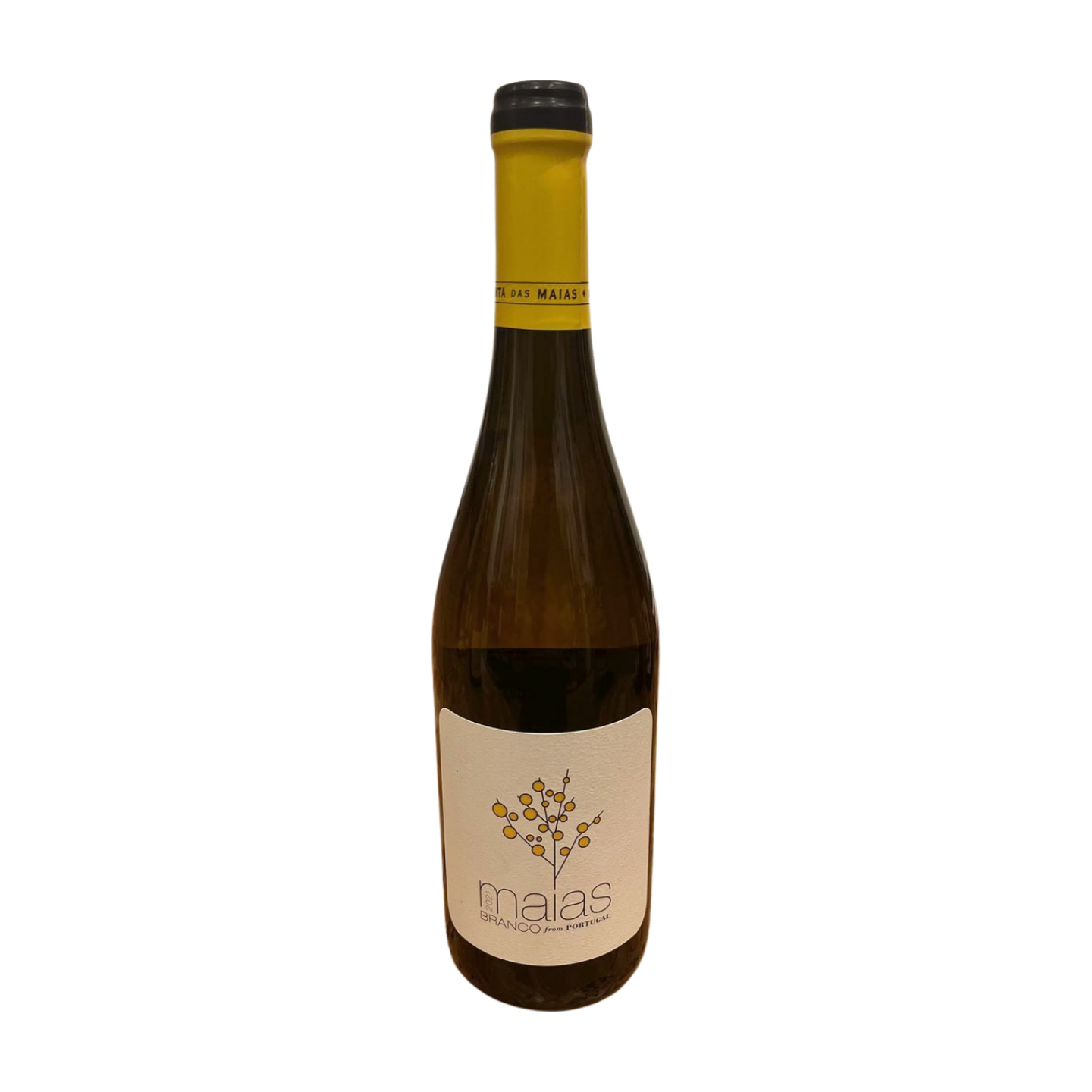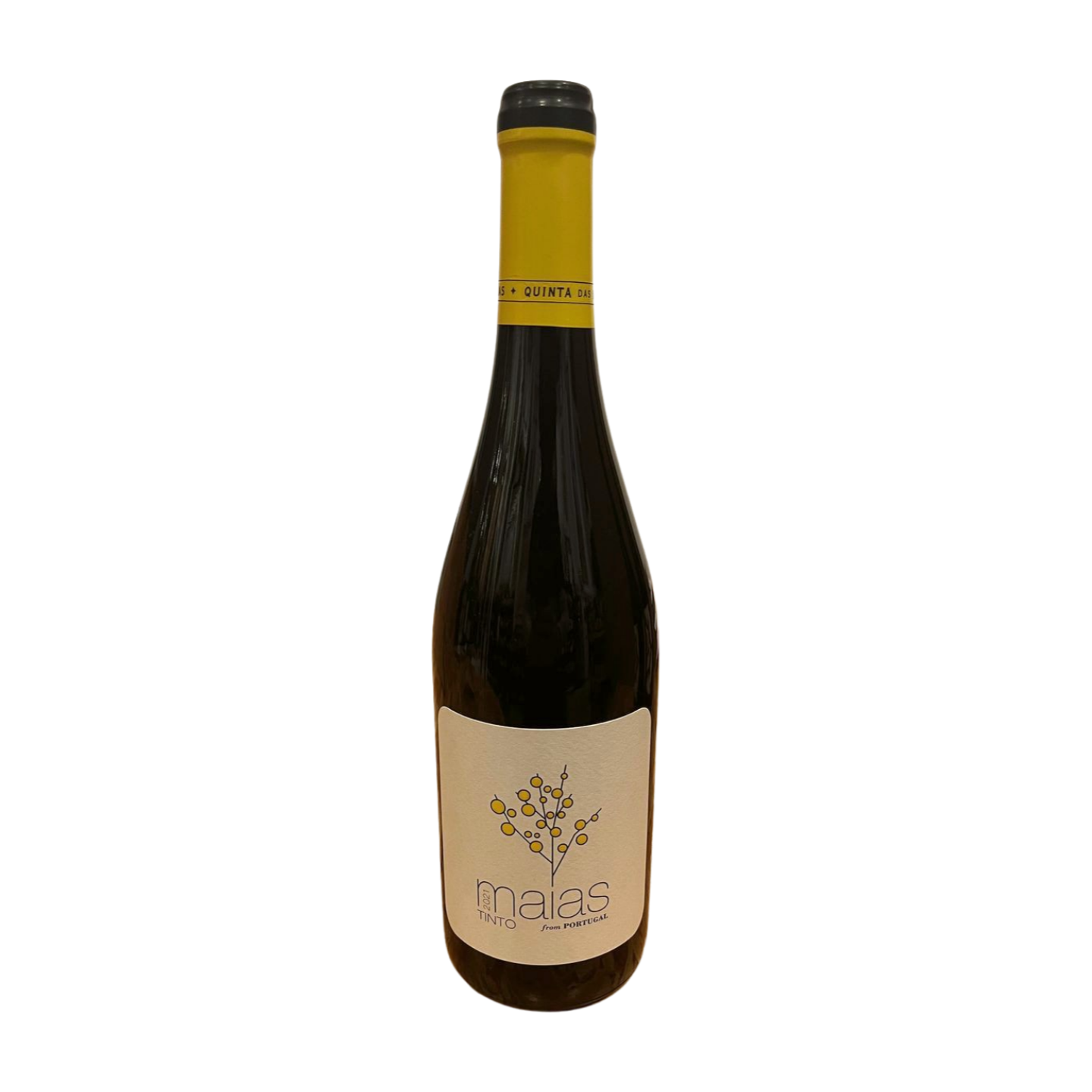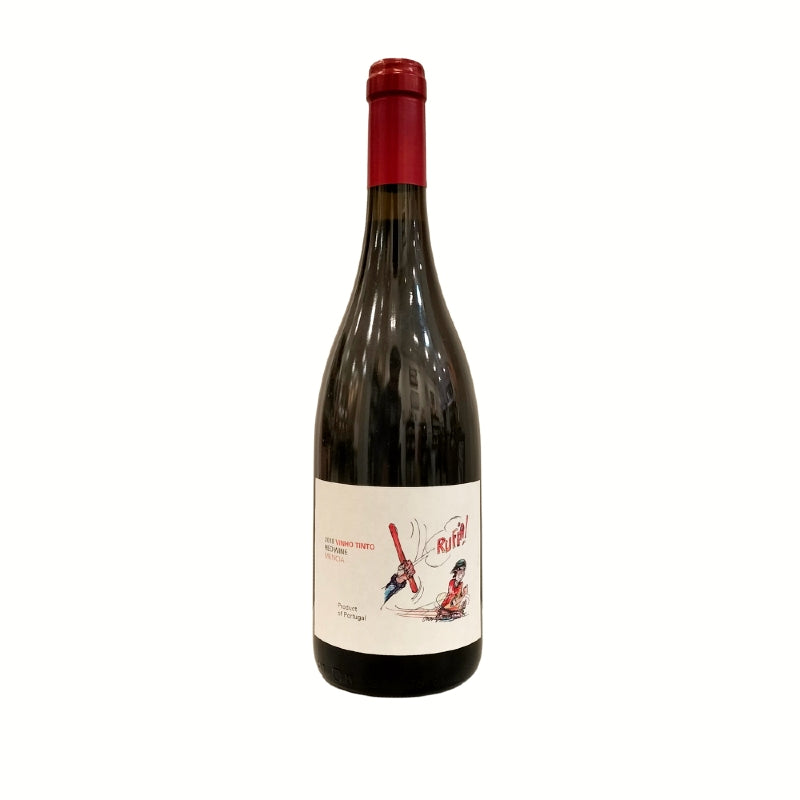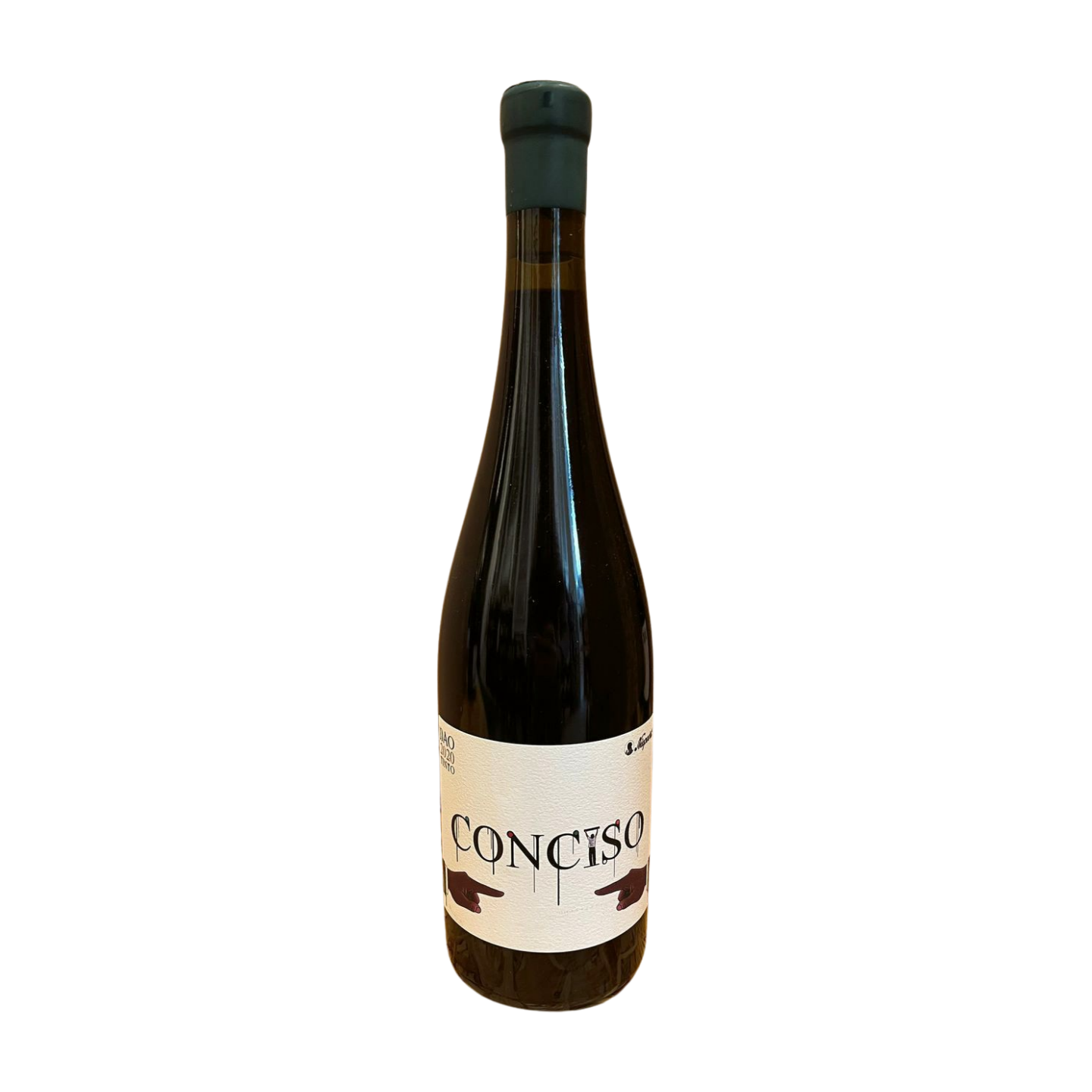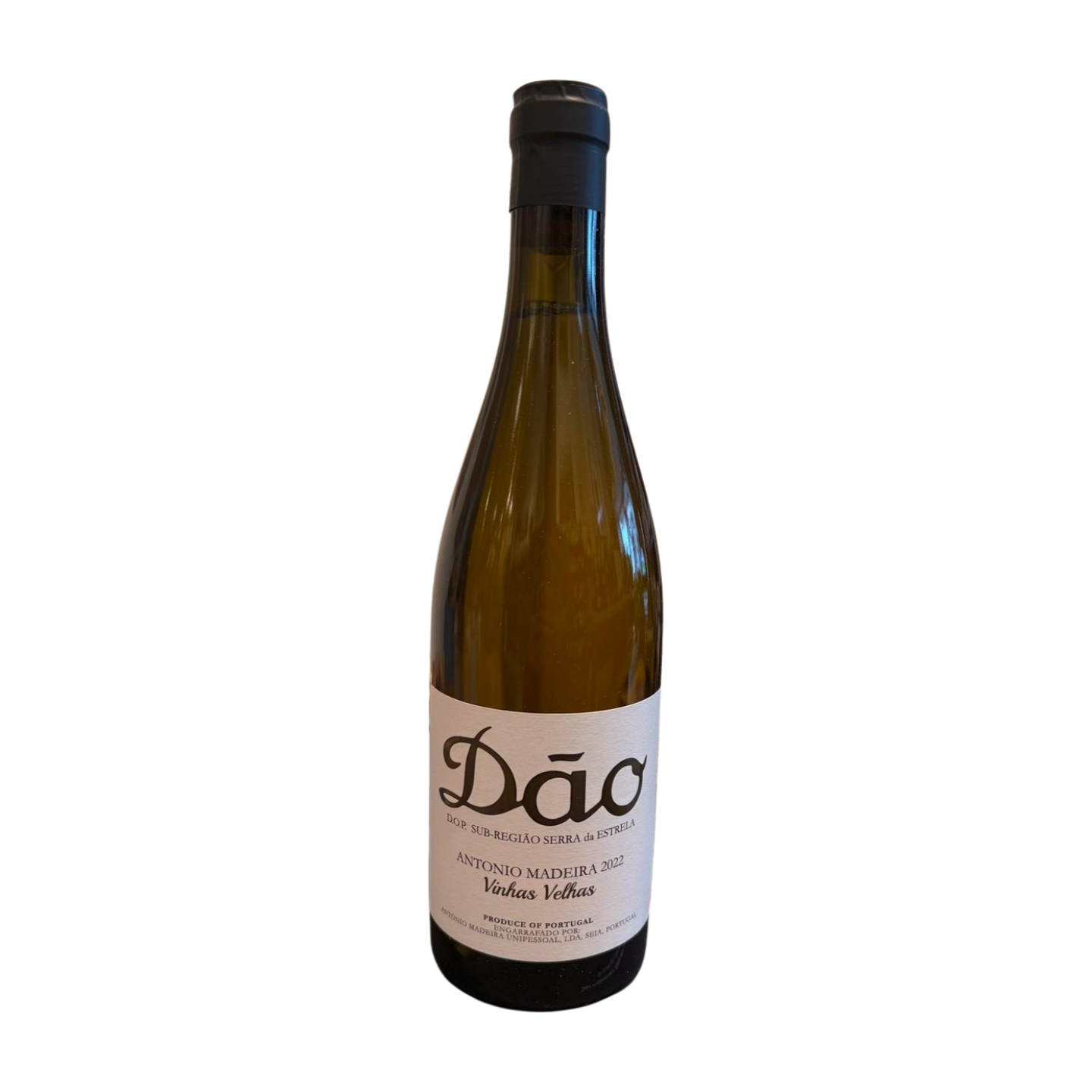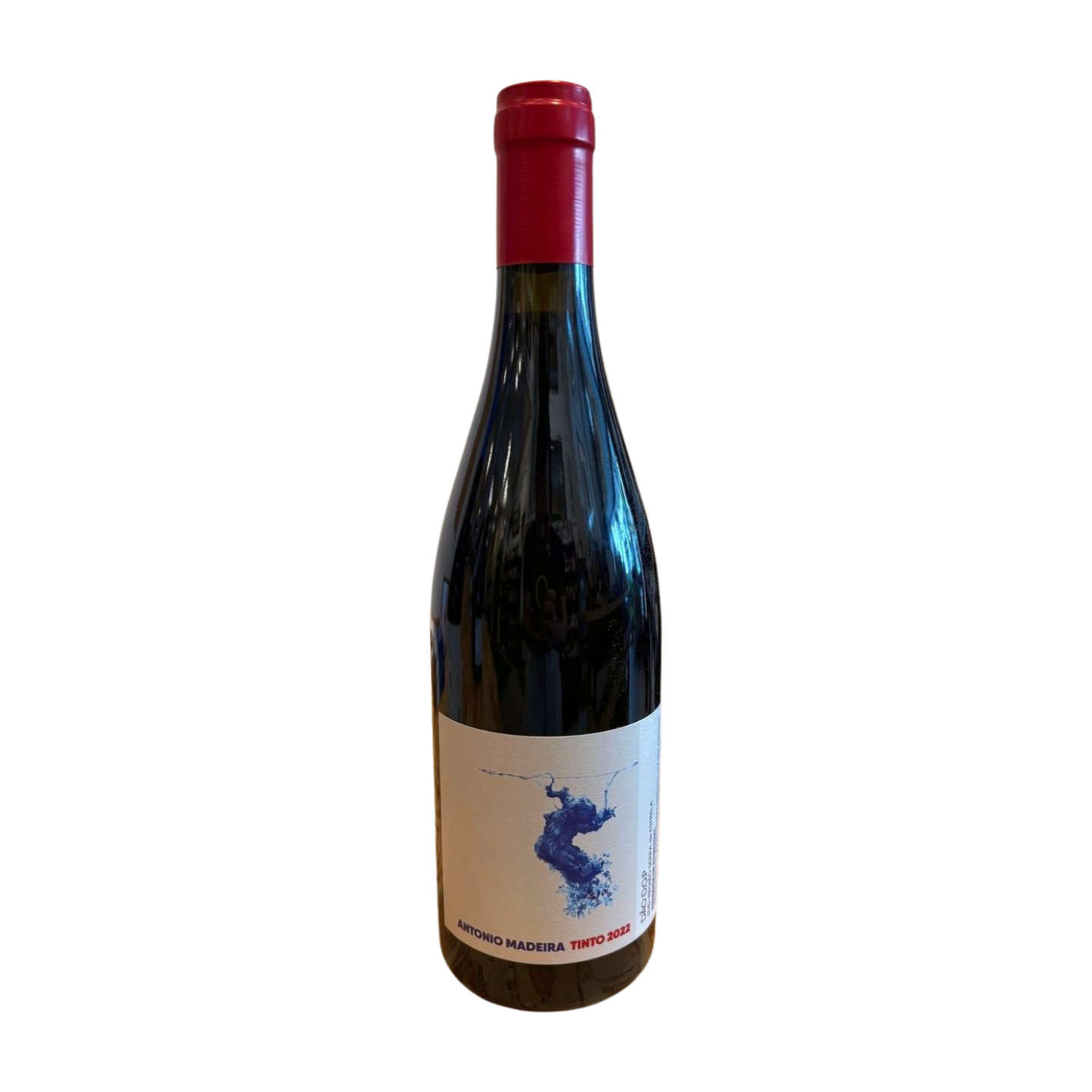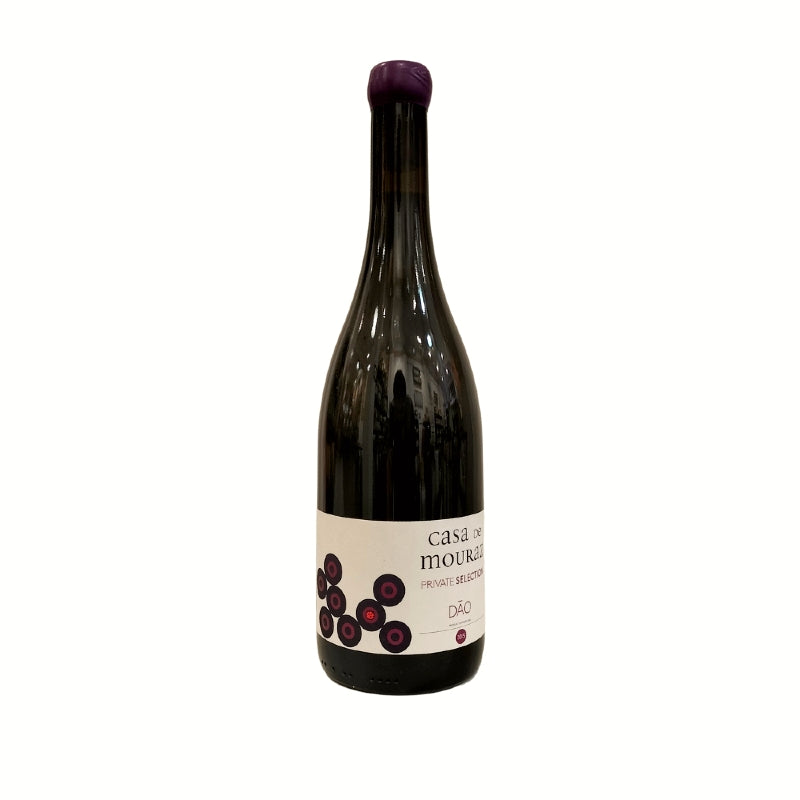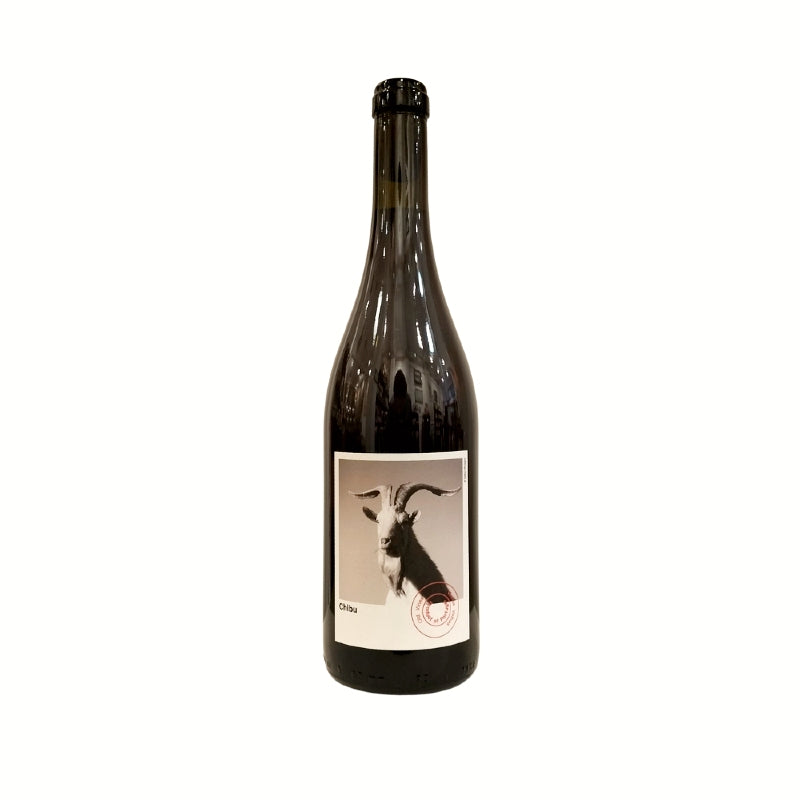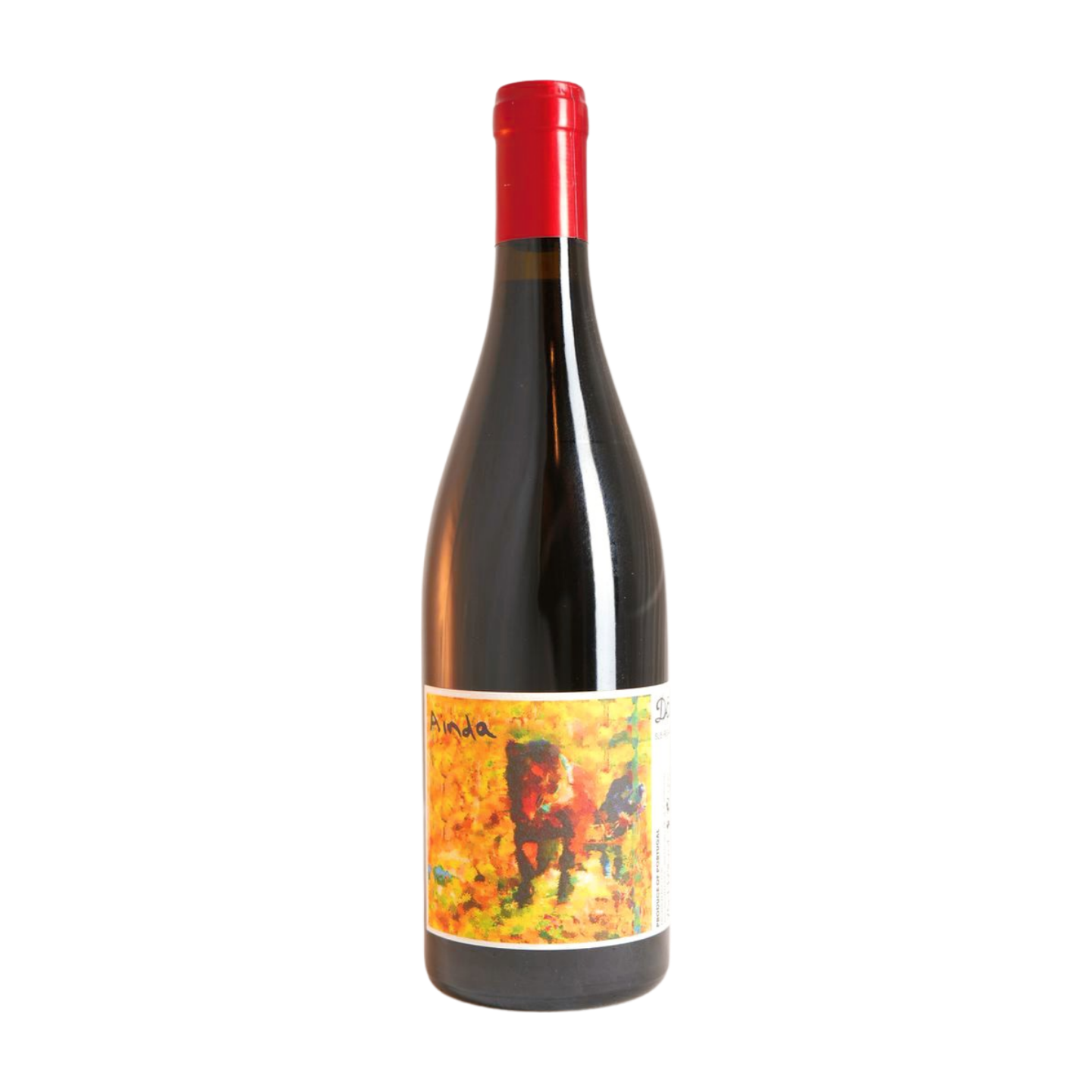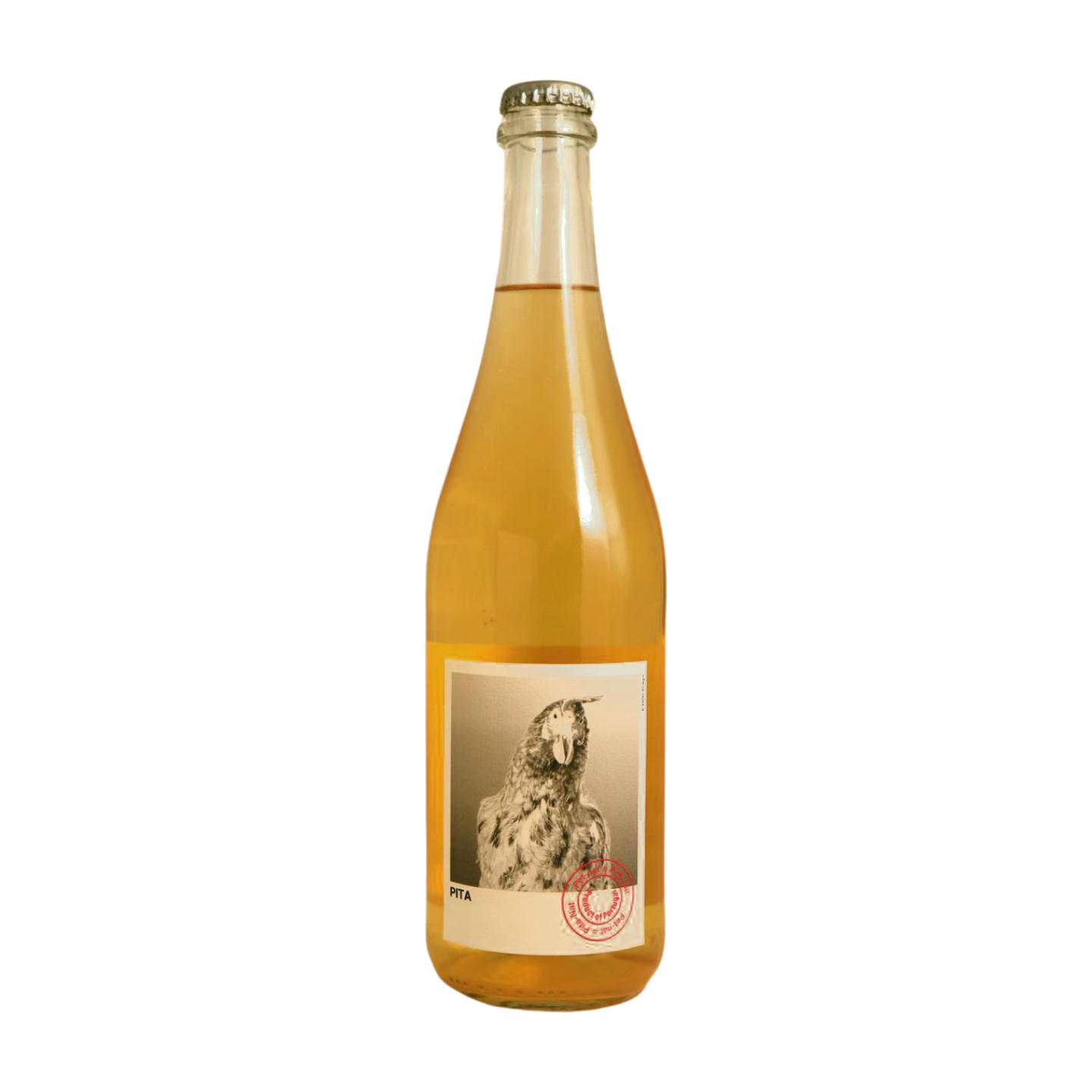Dão
In the heart of Portugal, the Dão region is a viticultural tapestry woven with history and potential. Characterized by its mountainous terrain and granite-rich soils, the region's vineyards are often scattered amidst pine forests, creating a unique and challenging environment for grape cultivation. These conditions contribute to the distinctive character of Dão wines.
The region boasts a rich array of indigenous grape varieties, including Touriga Nacional, Jaen, Alfrocheiro Preto, and Encruzado, which lend complexity and depth to red and white wines. The Dão has a long history of winemaking, dating back centuries, and has been instrumental in shaping Portugal's winemaking heritage.
While once overshadowed by its more famous neighbor, the Douro Valley, the Dão has recently experienced a renaissance. A new generation of winemakers is committed to showcasing the region's potential, crafting elegant, complex, and terroir-driven wines. Focusing on sustainable practices, such as organic and biodynamic viticulture, is gaining traction, reflecting a growing awareness of the region's delicate ecosystem.
Compared to other Portuguese regions, the Dão stands out for its cooler climate, higher altitude vineyards, and unique blend of indigenous grape varieties. This combination results in wines that often have a greater sense of freshness, acidity, and complexity than their warmer counterparts. The Dão is increasingly recognized as a region capable of producing age-worthy wines that rival those of Burgundy, making it a compelling destination for wine enthusiasts seeking to explore Portugal's diverse wine landscape.
Filters
Portuguese wine
Frequently asked questions
The entire country of Portugal is divided into 14 different wine regions, including in the Azores and Madeira islands. Some of Portugal's most famous winemaking regions include the Douro Valley (known for Port) and Vinho Verde (known for its light, refreshing white wines).
Portugal is becoming more well known for its orange wines, talha wines (traditionally made in clay pots), and palhete (made by blending red and white grapes together).
Portugal is best known for its fortified wine, called Port wine. It is produced in the Douro Valley, which is a UNESCO World Heritage Site and recognized as the world's first demarcated wine region, established in 1756.
Vinho Verde in northern Portugal is another popular winemaking region characterized by rolling hills and lush landscapes. It's known around the world for low-alcohol, refreshing white wines, although the region traditionally focused more on red wines made with the fruit-forward vinhão grape.
The Portuguese island of Madeira, with its subtropical climate, is renowned for its fortified wines. Winemaking here dates back to the 15th century, when Portuguese
explorers brought grape varieties from around the world.
Our sustainable, natural wine shop is located in the Marquês neighborhood in Porto, Portugal. We also ship to countries around the world, including within Europe, the United States, Canada, Australia, China, and more. Review our Shipping Policy to learn more.
In recent years, there has been a notable shift toward sustainable viticulture and the production of natural wine in Portugal. Many winemakers are implementing organic farming practices and embracing biodiversity to maintain soil health and reduce chemical inputs. This commitment to sustainability is not only beneficial for the environment but also enhances the quality of the wines, allowing the unique characteristics of the terroir to shine through. For example, some winemakers are now utilizing ancient terracotta amphorae for fermentation (called talha in Portuguese). This method preserves regional cultural heritage, enhances the wine's character, and aligns with sustainable practices by reducing reliance on modern materials.

